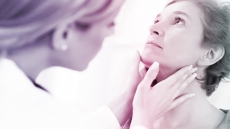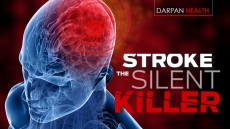From dancing your blues away to tapping into your creative side, alternative therapies provide a fresh perspective on self-care.
In the fast-paced world, we inhabit — Life for most of us is a whirlwind of stress and anxiety. The persistent demands of work, never-ending to-do lists, and the constant pressure to keep up with everything, can leave us feeling overwhelmed and drained. And as we routinely function like robots, religiously doing our assigned chores, self-care often takes a backseat. No wonder majority of the population today experiences mental illness in some form or the other.
While traditional Western medicine can always come to your rescue, what if we tell you there are natural ways to boost your mental health that don’t involve popping pills or countless hours of therapy? Welcome to the realm of alternative therapy aka complementary therapy, where rejuvenation meets relaxation, and healing takes on a whole new meaning. Read on to discover various types of alternative therapies that can help you find inner peace and enhance your mental well-being.
Dance Your Blues Away
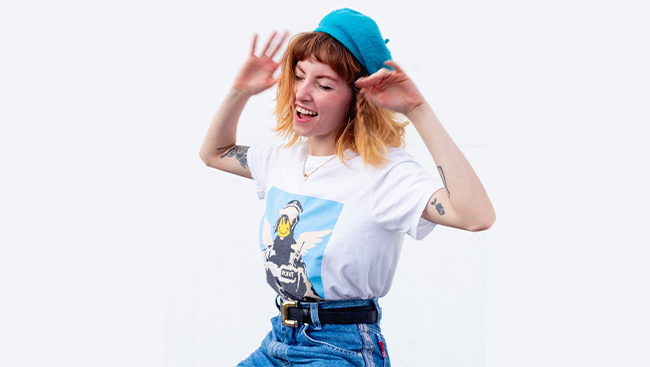
Therapy need not always be all talk and no action. Dance therapy, a recent alternative therapy approach, has gained popularity as a transformative way to improve mental well-being. Harnessing the power of movement with the healing benefits of self-expression, dance therapy gives a boost to one’s overall health. While it is also known to address a range of mental health issues like trauma, anxiety, depression, stress, and eating disorders, this form of therapy is also beneficial to boost self-esteem and communication skills.
Harmonizing Sound of Music
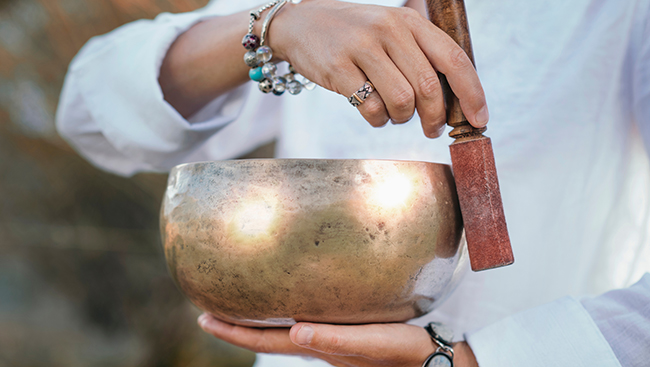
Remember the soothing effect of a lullaby sung by your mother? Well, sound therapy takes that comforting effect to a whole new level. This alternative therapy is a holistic healing method that harnesses the power of sound waves to promote relaxation, reduce stress, and improve overall well-being. It is based on the principle that sound can have a profound effect on the body, mind, and spirit. Whether it's the resonant tones of Tibetan singing bowls, the auditory illusions of binaural beats, or the calming embrace of nature’s sounds like crashing waves and chirping birds, the harmonious vibrations of sound therapy work like magic.
Ancient Healing Wonders: Acupuncture and Acupressure
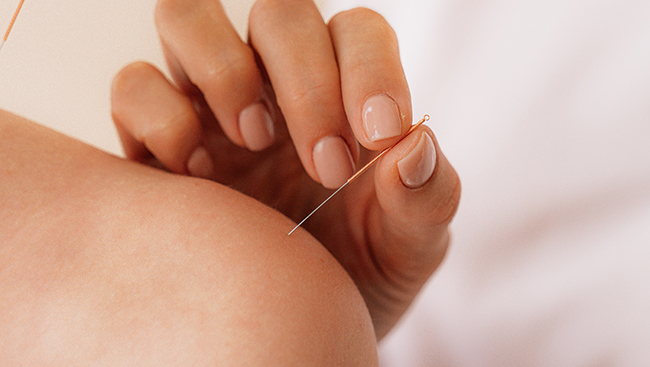
An integral part of ancient Chinese medicine, acupuncture and acupressure are ancient therapies that stimulate specific points in the body to promote healing. With roots dating back thousands of years, these time-honoured therapies have been proven to address mental health concerns such as anxiety, depression, and other stress-related symptoms. Using key acupoints, acupuncturists and acupressure practitioners stimulate the flow of Qi, also known as the life force energy, in the body and alleviate physical and emotional discomfort. While acupuncture involves the insertion of fine needles, acupressure depends on applying pressure with fingers to the same points. When considering these therapies, it is crucial to seek out a qualified practitioner to ensure safe and effective treatment.
Get Artsy
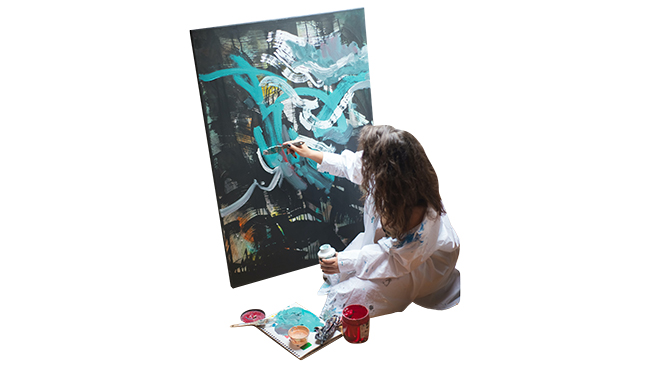
It is a known fact that words alone cannot capture the complexity of our emotions. This is where art therapy steps in as a powerful alternative. Utilizing art materials and creative expression to help individuals explore their emotions, art therapy creates a safe and supportive environment where people can express themselves without any judgment. Art therapy uses various forms of artistic expressions like drawing, painting, sculpting, dancing, crafting, writing, and others to encourage individuals to tap into their creativity and emotions. Simple yet a powerful approach, art therapy can be used to work around several mental health issues, including anxiety, depression, and trauma.
Mind-Body Practices: Yoga and Tai Chi
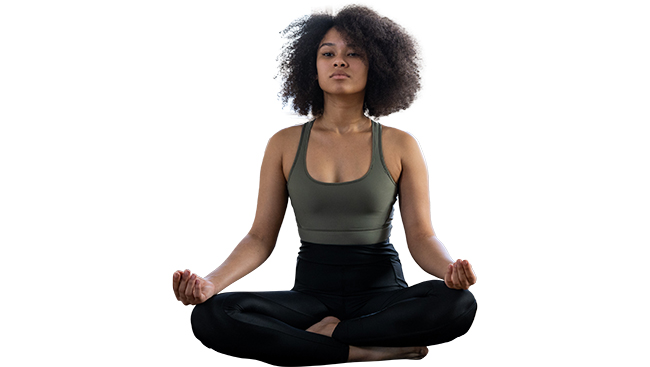
Age-old practices, Yoga and Tai Chi have been known for their physical benefits, but their impact on mental health is equally significant. Yoga and Tai Chi are known to utilize a combination of gentle postures, sequences and focused breathing, to induce mindfulness, relaxation, and the integration of body and mind. Regular practice of these ancient practices can help decrease anxiety, improve sleep, and bring a sense of calm and balance.
Pawsitive Healing

Unleashing the furry forces of healing, animal therapy, also known as pet therapy, has gained recognition for its ability to enhance well-being. Numerous studies have shown that positive interactions with animals increase the release of oxytocin, the ‘happy hormone,’ in our bodies. Animal therapy work around this very concept, and involves interacting with various animals such as dogs, horses, and even birds to provide companionship, comfort, and support to individuals facing mental health challenges. Whether it's cuddling a dog, taking a calming ride on a gentle horse, or simply observing the soothing movement of fish, animal therapy works around the unique bond between animals and humans and offers a gentle and non-judgmental approach to healing.
Power Of Drama

Drama therapy is yet another interesting, creative, and immersive complementary therapy where people’s emotions take centre stage. By harnessing the power of dramatic arts like storytelling, role-playing and creativity, drama therapy provides a unique therapeutic experience. This form of therapy promotes self-expression, personal growth, and healing. Whether stepping into someone else's shoes, improvising scenes, or engaging in group activities, drama therapy provides an entertaining and supportive environment for exploring and processing an individual’s innermost feelings. Through this transformative experience, people can uncover hidden emotions, gain a deeper understanding of themselves, and connect with others on a profound level.
Float Your Worries Away
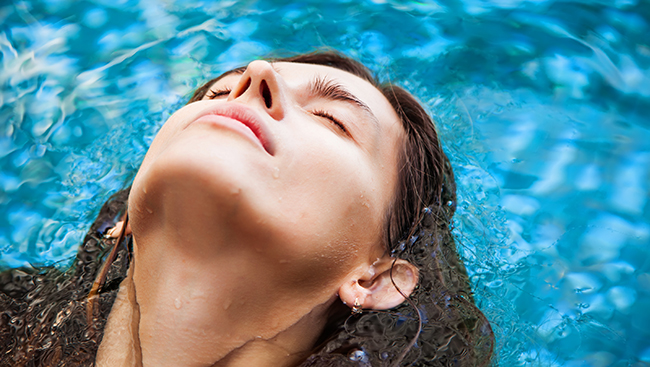
Ever thought of letting your worries float away after stepping into a river or sea? Welcome to floatation therapy, the oasis of calm that's making waves in the alternative therapy scene. This form of therapy has become popular for its ability to stimulate deep relaxation and rejuvenation. Effortlessly floating in a sensory deprivation tank, helps individuals enter a state of profound tranquillity, which results in numerous health benefits, including stress reduction, improved sleep quality, pain relief, and enhanced creativity. Floatation therapy serves as a therapeutic escape from the demands of daily life, providing a haven to disconnect and reconnect with oneself.
Note: While all the alternative therapies offer a holistic and creative way to improve mental well-being, it is important to consult your doctor and health practitioner before considering any of them.

